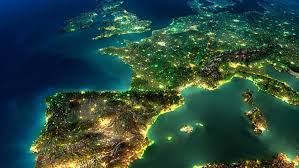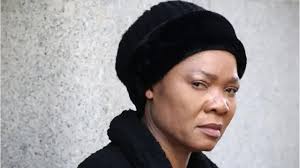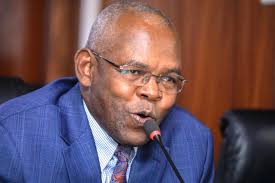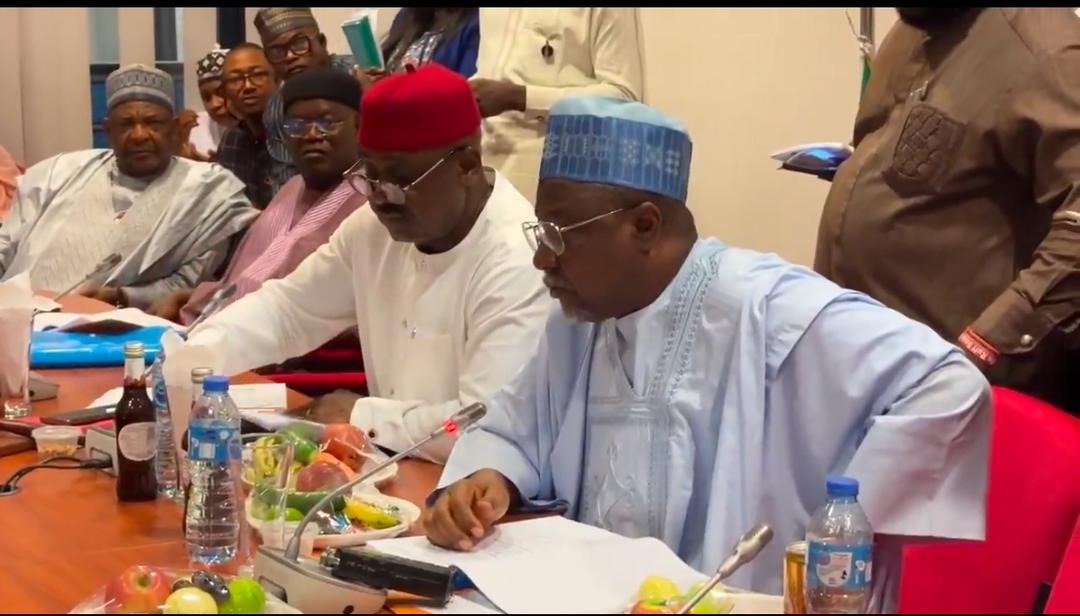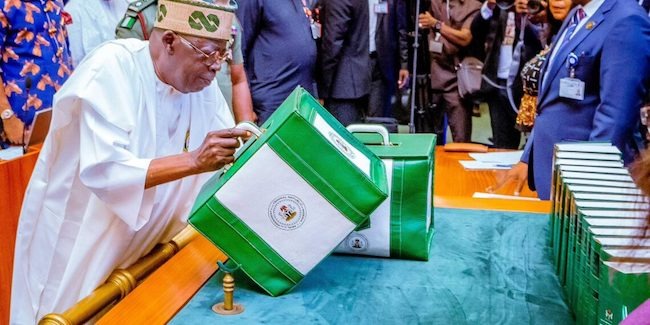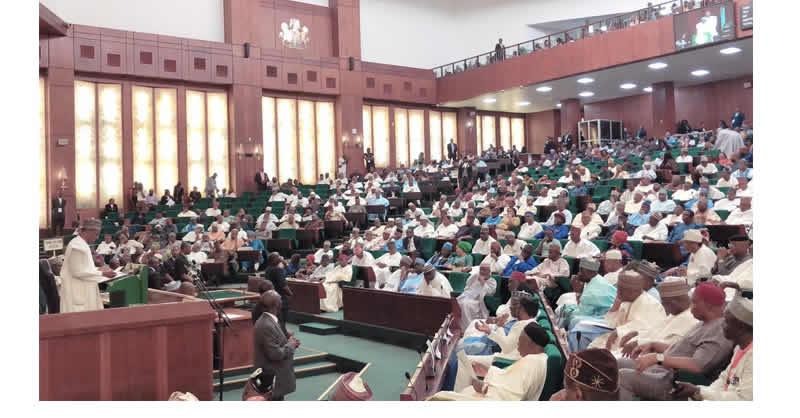Donald Trump was sworn in for a historic second term as president on Monday, pledging a blitz of immediate orders on immigration and the US culture wars as he caps his extraordinary comeback.
With one hand raised in the air and the other on a Bible given to him by his mother, the 47th US president solemnly took the oath of office beneath the huge Rotunda of the US Capitol.
Republican Trump and outgoing Democratic President Joe Biden had earlier traveled by motorcade together to the Capitol, where the ceremony was being held indoors — and with a much smaller crowd — for the first time in decades due to frigid weather.
Earlier, they and their spouses met for a traditional tea at the White House.
“Welcome home,” Biden said to Trump as he and First Lady Jill Biden greeted their successors at the front door to the presidential residence.
Trump, 78, was a political outsider at his first inauguration in 2017 as the 45th president, but this time around he is surrounded by America’s wealthy and powerful.
The world’s richest man, Elon Musk, Meta boss Mark Zuckerberg, Amazon chief Jeff Bezos, and Google CEO Sundar Pichai all had prime seats in the Capitol alongside Trump’s family and cabinet members.
Musk, who bankrolled Trump’s election campaign to the tune of a quarter of a billion dollars and promotes far-right policies on the X social network, will lead a cost-cutting drive in the new administration.
While Trump refused to attend Biden’s 2021 inauguration after falsely claiming electoral fraud by the Democrat, this time Biden has been keen to restore the sense of tradition.
Biden joined former presidents Barack Obama, George W. Bush, and Bill Clinton at the Capitol. Former first ladies Hillary Clinton and Laura Bush were there but ex-first lady Michelle Obama pointedly stayed away.
– ‘American decline’ –
Unusually for an inauguration where foreign leaders are normally not invited, Argentina’s hard-right president Javier Milei was attending, along with Italy’s far-right Prime Minister Giorgia Meloni.
The bitter cold weather has forced Trump’s inauguration indoors for the first time since Ronald Reagan’s in 1985, missing out on the customary massive crowds along the National Mall.
Behind the pomp and ceremony, the billionaire is kickstarting his nationalist, right-wing agenda with a barrage of around 100 executive orders undoing Biden’s legacy.
Trump will declare a national emergency at the Mexico border, give the US military a key role on the frontier, and end birthright citizenship, as he seeks to clamp down on undocumented migrants, an official from his incoming administration said.
Trump has pledged to start immediate deportations of undocumented migrants.
He will also sign an order for the US government to recognize only two biological sexes and seek to eliminate federal government diversity programs as he takes office.
The announcement of the hardline policies came a day after Trump had promised a “brand new day” and to end “four years of American decline.”
“I will act with historic speed and strength and fix every single crisis facing our country,” Trump told an inauguration eve rally where he danced with the Village People band.
– ‘Ecstatic’ –
Despite promising a new “golden era,” populist Trump also campaigned on often apocalyptic depictions of the country in his victorious election campaign against Democratic Vice President Kamala Harris in November.
At sunrise on Monday, the National Mall, where the inauguration was originally due to be held, was largely empty — save for the Fairchild family, who traveled from Michigan to pay tribute to Trump.
“Ecstatic,” said grandmother Barb, when asked how they were feeling, adding she thought the move indoors was made “to protect our president.”
With minutes left in his presidency, Biden issued extraordinary pre-emptive pardons for his brothers and sister to shield them from “baseless and politically motivated investigations.”
He also pardoned former COVID-19 advisor Anthony Fauci, retired general Mark Milley, and members of a US House committee probing the violent January 6, 2021 US Capitol attack by Trump’s supporters.
Biden said he had also restored the tradition of leaving a letter for his successor — though he said the contents were between him and Trump.
Trump will make history by replacing Biden as the oldest president to be sworn in. He is also just the second president in US history to return to power after being voted out, after Grover Cleveland in 1893.
Another first is Trump’s criminal record, related to paying a porn star hush money during his first presidential run — and a string of far more serious criminal probes that were dropped once he won the election in November.
For the rest of the world, Trump’s return means expecting the unexpected.
From promising sweeping tariffs to making territorial threats to Greenland and Panama and calling US aid for Ukraine into question, Trump looks set to rattle the global order once again.
Russian President Vladimir Putin congratulated Trump ahead of the inauguration and said Monday he was open to talks on the Ukraine conflict, adding he hoped any settlement would ensure “lasting peace”.

